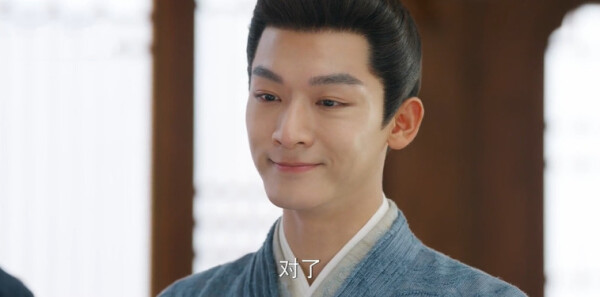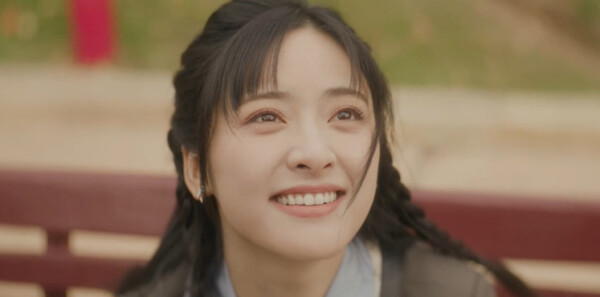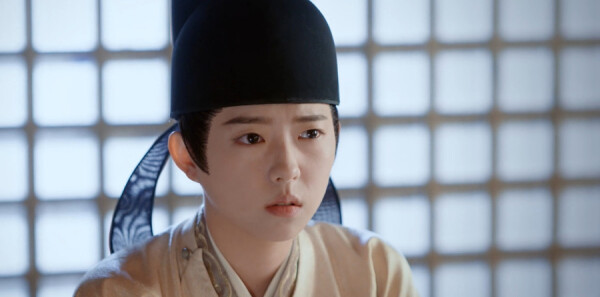Once upon a More Enlightened Time: More Politically Correct Bedtime Stor
- 书评
- 2023-03-26 10:43:32
- 42
题词
献给安娜 康拉德-安托万,加利福利亚尤里卡交响乐团首席大提琴手,她表现出对文化的恻隐之心,宁愿辞职也不愿意演奏《彼得和狼》,因为这部管弦乐作品教育我们的未成年人害怕和歧视狼以及其他食肉动物。
不过,更重要的是,献给谎言和婴幼儿。
【译按】:题词最后一段中的Nyuji,经查是日语“幼儿”之意:“日本关于儿童及儿童福利的第一部基本法是1947年颁布实施的《儿童福利法》(Jido Fukushi Ho).根据该法‘儿童’(jido)被定义为18周岁以下的年轻人,并划分为三类∶不足周岁的婴儿其正式称谓是‘乳婴’(nyuji);超过1周岁但尚未入学的‘幼儿’(yoji);已上小学但未满18周岁的‘少年’(shonen).”见:http://web-japan.org/factsheet/ch/pdf_Chinese/welfare_zh.pdf
目录
简介
政治正确词汇表
糖果屋历险记(鬼怪密林、汉斯与格蕾特)
蚂蚁与蚱蜢
豌豆公主
小美人鱼
【译按】此处作者原词为“The little mer-persun”,一般的表示方法应该是“The little mer-maid”,“小美人鱼”的意思。用persun是person的替词,因为女权主义者反对用“son”这个表示男性的词语加上词根代表整个抽象意义上的人“person”。在这里,作者先是取消了maid这个表示女性的词,改用抽象意义上的“人”,并且用的是女权主义政治正确的词汇“persun”。这是我从Amazon.com上的评论上看来的,原文为:Garner rewrites old fairy tales (Hansel and Gretel The Little Mermaid) and fables (The Ant and the Grasshopper the Tortoise and the Hare) to echo the sensitivities of the far far left. He tongue-in-cheekedly uses spellings that avoid the word "man" ("persun" for "person" "wommon" for "woman") and has his heroes and ***es (excuse me she-roes) adopt anti-capitalist pro-environment and pro-animal rights stances. But (sigh) it has all been done before.见:http://www.amazon.com/Once-Upon-More-Enlightened-Time/dp/0028604199
龟兔赛跑
穿靴子的猫
中人之资睡美人
【译按】这里作者用的又是“person”
老鼠农夫和城里老鼠
本文由作者笔名:小小评论家 于 2023-03-26 10:43:32发表在本站,文章来源于网络,内容仅供娱乐参考,不能盲信。
本文链接: http://www.w2mh.com/show/37214.html
 小小评论家
小小评论家






















